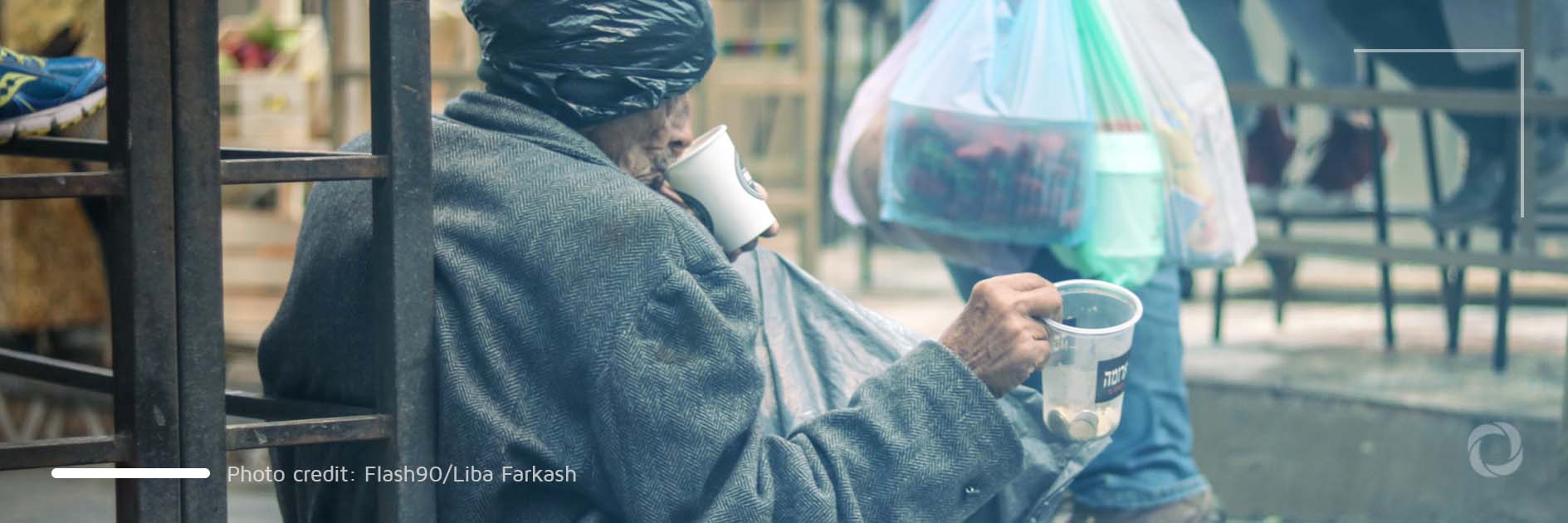The outbreak of the global pandemic has caused a significant growth in poverty and food insecurity in Israel according to a recent report by Latet, an Israeli charity organization. It is estimated that more than 2.5 million people of the country’s 9 million or so population are affected by poverty including 1.1 million children. The pandemic has also shrunk the size of the middle class and caused an increase in the number of people seeking assistance Despite this evidence of economic hardship, no government policies have been seen to have been put in place to address the issue.
Poverty
Latet’s survey showed that 932,000 households in Israel live in economic distress (i.e., 31.6% of all households) with this number having increased by 233,000 in 2021 compared to 2020. The number of households living above the poverty line was 23.6% in 2021, while at the beginning of the pandemic it was just 14%. As many as 651,900 households (22.1%) could not afford to pay for basic services such as housing, healthcare, education, and food.
The pandemic has also caused a contraction of the middle class from 58.3% before the crisis to 48.3% today. While the average income of the families surveyed was US$1,622 to cover all basic needs, their spending was US$2,664 and thus as many as 65% of the respondents admitted that they were indebted and their debt level had grown as a result of the crisis.
“The serious consequences of the economic crisis are reflected in the formation of a new ‘poor middle class.’ A quarter of the population affected by the economic crisis failed to recover and reached the poverty line and were in real danger of falling below it,” said Latet CEO, Eran Weintraub.
Amongst all the individuals surveyed, 80,000 were recipients of Latet assistance and 80% admitted that they had been badly hit in economic terms with 10% of respondents declaring they did not have permanent housing and 22.9% indicating that they were at risk of losing their housing while 70% had to skip buying medication and 75% did not have the computers required for online schooling.
Food insecurity
77% of the respondents receiving assistance from Latet indicated that they did not have enough money to buy food with food insecurity affecting 630,000 households including 300,000 who suffered from severe food insecurity. These households are home to 800,000 children under 18 years old.
Charities in Israel are unable to provide help to everyone in need due to the shortage of government financial support. However, the Welfare Minister, Meir Cohen, recently led an initiative to include US$31 million in the national budget to address food security.

